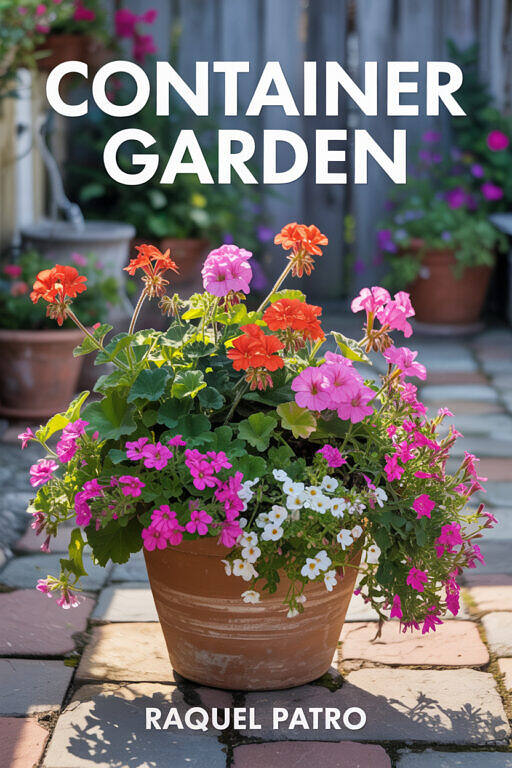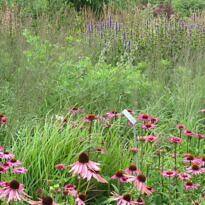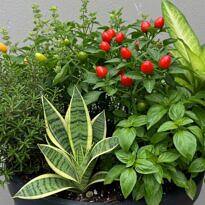
Photo: Mick Stanic
As summer arrives, cases of mosquito-borne diseases surge even further. The issue takes on epidemic proportions, claiming more lives with each passing year.
These diseases do not discriminate; they affect children, adults, the elderly, men, and women, regardless of wealth. Everyone must play a role in protecting their families and society. Particularly, gardeners and landscapers have a crucial responsibility in this scenario. Individuals passionate about plants, whether practicing professionally or as a hobby, must ensure their gardens remain mosquito-free.
Neglected and poorly maintained gardens serve as significant breeding and sheltering sites, becoming breeding grounds for these dreaded mosquitoes. Caring for the garden isn’t a one-time task—it requires continuous, daily vigilance and maintenance.
To take appropriate measures, understanding the mosquito life cycle is crucial. Most mosquitoes are native to tropical and subtropical regions and cannot withstand cold temperatures. Only female mosquitoes feed on blood, seeking stagnant water reservoirs to lay their eggs. Eggs are deposited on container walls and wait for rising water levels to hatch. They undergo complete metamorphosis, comprising four stages: egg, larva, pupa, and adult.
Female mosquitoes prefer human blood over other animals’ blood. Additionally, their feeding habits can be diurnal or nocturnal, depending on the species. Contrary to popular belief, mosquitoes don’t exclusively bite at night.
Mosquitoes are not just a nuisance; they can also pose significant health risks by transmitting various diseases. Among the most notable mosquito-borne diseases are dengue fever, Zika virus, West Nile virus, and chikungunya. These illnesses can have severe consequences for those infected, ranging from mild flu-like symptoms to potentially life-threatening complications.
The Aedes aegypti mosquito is a notorious carrier of dengue fever, Zika virus, and chikungunya. Found in tropical and subtropical regions, this mosquito species is a daytime biter, making it a significant threat throughout daylight hours. Dengue fever can lead to high fever, severe joint and muscle pain, and, in extreme cases, hemorrhagic fever or dengue shock syndrome. The Zika virus, notorious for its link to birth defects, can cause mild symptoms in adults but can be devastating for pregnant women and their unborn children. Chikungunya presents symptoms similar to dengue but is often characterized by excruciating joint pain.
Another prominent mosquito-borne disease is West Nile virus, primarily transmitted by the Culex species of mosquitoes. This virus can lead to West Nile fever, which presents mild symptoms in many cases, but severe infections can result in neurological complications such as encephalitis and meningitis.
Besides transmitting diseases like dengue and yellow fever, mosquitoes are a major annoyance, disrupting daily activities and sleep. They also cause skin redness and itching, which can last for days, especially in allergic individuals.
Preventive measures against mosquito proliferation in gardens and plants:

Photo: Liz Jones
- Remove and clean any stagnant water containers in the garden, such as tires, bottle caps, bottles, old pots, and saucers.
- Maintain a clean garden with closed trash bins. Trash and debris attract pests, mosquitoes, and spoil the appearance of any garden.
- Store saucers, pots, and bottles upside-down to prevent water accumulation.
- Avoid using saucers under plants; they not only provide mosquito breeding grounds but also hinder proper substrate drainage and can cause root rot.
- Watering should follow this rule: When the substrate dries on the surface, it’s time to water the plant (except for specific plant exceptions; verify species requirements). Saucers are useful when you’ll be away for extended periods without watering, such as during trips.
- If you still prefer using saucers, consider these solutions: Keep the saucer filled with sand (up to the rim) and remember to replenish as needed, or add pure coffee grounds or a coffee grounds mixture (two tablespoons of coffee grounds per half cup of water).
- The coffee grounds mixture is ideal for bromeliads and other water-accumulating plants. Never let your bromeliads go dry to avoid mosquitoes; they’ll weaken and die soon. Use the coffee mixture to keep mosquitoes away.
- Coffee is natural and lacks the issues of commercial poisons. Coffee grounds can even be used in eco-friendly gardens that use organic fertilizers and pesticides.
- Cultivate repellent plants and use their products on other garden plants, such as citronella, neem, rue, acacia, geranium, hibiscus, pennyroyal, artemisia, chrysanthemum, and marigold. Mixtures made from these plants’ leaves and flowers, applied with a sprayer onto other species, can work as excellent mosquito repellents and garden pest control.
- Keep pet water bowls clean and change the water daily. Birds and pets appreciate fresh water, and this practice eliminates mosquito larvae and eggs.
- Pools require year-round maintenance, regardless of whether they’re used or not. Many affluent neighborhoods with large, luxurious pools left abandoned by their owners most of the year become breeding grounds for various mosquito species.
- Ponds, water features, and fountains should have mosquito larva-consuming fish like platies, mollies, swordtails, or bettas. If your fish die, investigate the cause and replace them as soon as possible.
When creating floral arrangements, opt for floral foam instead of water-filled vases. Foam is not conducive to mosquito reproduction and keeps arrangements fresh for longer. Keep the floral foam moist but not soaked.
Take a moment to inspect your garden now. Don’t forget to share these tips with friends, neighbors, and relatives, spreading awareness about tools to combat mosquito-borne diseases. Your contribution counts—this is citizenship.






